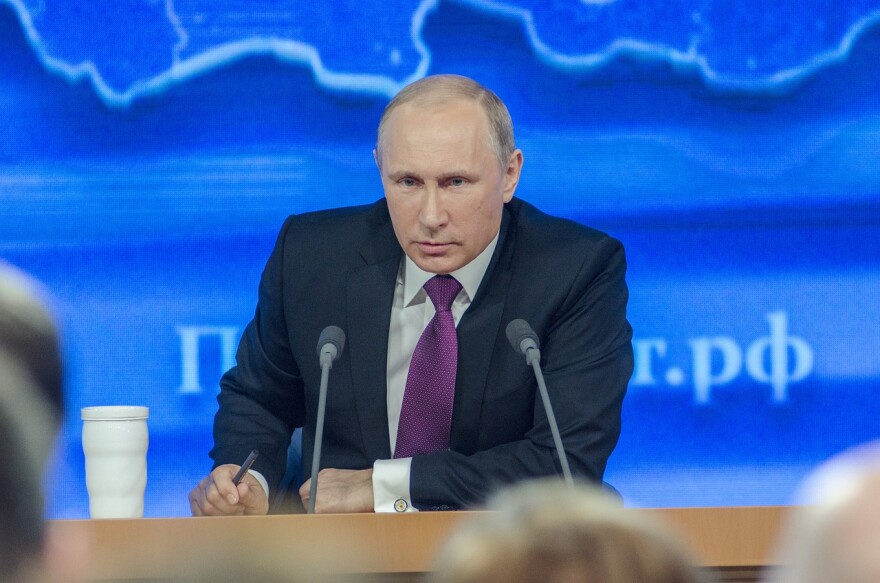Vladimir Putin has been in power in Russian continuously as president or prime minister since 1999. In that time, he has worked to carefully cultivate an image of strength without compromise.
But in recent weeks, that image has been shattered with a military mutiny directly challenging him. While the uprising didn’t topple Putin, the insurgents have managed to walk away, not only unpunished, but embraced by the Russian people as heroes.
On June 23, the Wagner Group, a Russian private paramilitary organization, announced on social media that it was in open rebellion against the government of Russia, but didn’t name Putin directly as a target of the rebellion. The revolt arose amidst escalating tensions between the Russian Ministry of Defense and Yevgeny Prigozhin, a former convict, Putin’s brutal fix-it man and the leader of Wagner.
Prigozhin portrayed the rebellion as a response to an alleged attack on his forces by the ministry. And he publicly ridiculed the government's efforts in the invasion of Ukraine as being weak and lacking commitment. Prigozhin blamed Defense Minister Sergei Shoigu for the country's military shortcomings and accused him of waging the war for the benefit of Russian oligarchs and upper class.
In a televised address on June 24, a visibly shaken Putin denounced Wagner's actions as “backstabbing” treason, the work of Western forces, and he pledged to quell the rebellion.
Prigozhin's forces seized control of Rostov-on-Don and the Southern Military Distrust headquarters and advanced towards Moscow in an armored column. As Wagner moved closer to the Russian capitol, not only did they find little to no resistance, but they were met with cheering Russians. It appeared that Wagner’s battle-hardened troops would be able to slice through the rapidly assembled defense of the Kremlin, and there were signs that Putin had fled Russia. However, suddenly Prigozhin turned his troops around.
The halt to the rebellion came about after negotiations with Belarusian President Alexandr Lukashenko. Prigozhin then relocated his troops to Belarus after receiving a blanket pardon from Putin.
How weakened is Putin by this show of force by Prigozhin? What does this mean for the war in Ukraine?
What would a Russia look like with Putin out of power but with Prigozhin in charge? Does he have the same goals of empire-building as Putin?
PBS Frontline examines how the Russian leader reached this moment of crisis. Veteran filmmaker Michael Kirk and his team examine the story of Putin’s rise, his clashes at home and abroad, and how his troubled Ukraine war led to the greatest threat yet to his grip on power.
"Putin’s Crisis" will be available to watch in full at pbs.org/frontline and in the PBS app starting July 11, 2023, at 7/6c. It will premiere on PBS stations (check local listings) and on FRONTLINE’s YouTube channel at 9/8c. "Putin’s Crisis" is distributed internationally by PBS International. Subscribe to FRONTLINE’s newsletter to get updates on events, podcast episodes and more related to Putin’s Crisis.
Guest: Michael Kirk is the producer and director of “Putin’s Crisis.”
"The Source" is a live call-in program airing Mondays through Thursdays from 12-1 p.m. Leave a message before the program at (210) 615-8982. During the live show, call 833-877-8255 or email thesource@tpr.org.
*This interview will be recorded on Tuesday, July 11.



